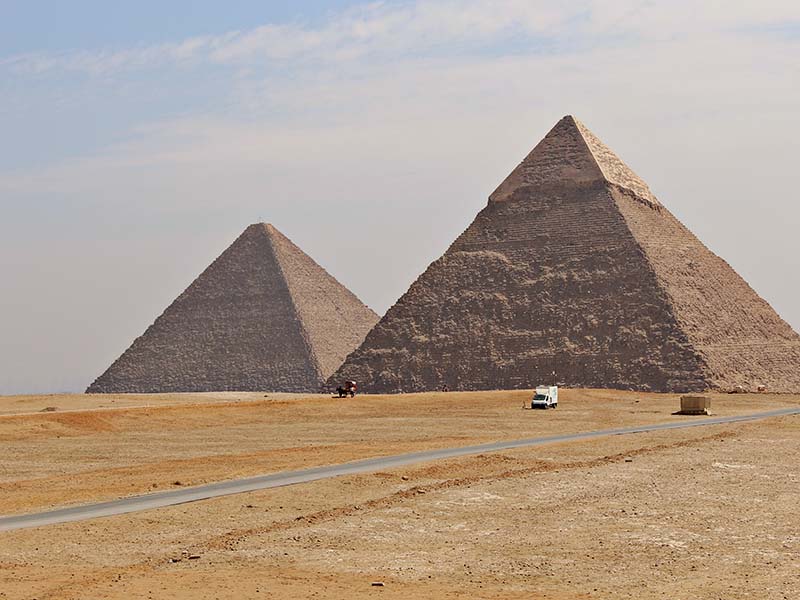Technically, targeting Christians for discrimination and violence is illegal. But in reality, unless a violent situation is covered by Western media, the government routinely steps back and turns a blind eye.
The most strikingly predictable example of this is the government’s insistence on pursuing reconciliation sessions. Islamic hardliners frequently target the entire Christian community whenever a wrong is perceived. Instead of prosecuting the abusers through a court of law, the authorities often arrest the Christian victims alongside the Islamic hardliners and force them to reconcile outside of court. As a result, the violence goes unpunished.
Multiple accounts from local citizens display the distaste that Christians have for these reconciliation sessions:
Kirolos, who has served on one of these sessions, said, “Many members of these committees are not transparent and there is a lack of integrity.”
One reason for this, said one Christian lawyer, is that “there is an absence of the law. These committees act without applying the law of the country.”
“It is unfair for the Christians. They have their rights revoked and must submit to the unjust solution of the committees,” added Mido, a local teacher.
While some of these reconciliation sessions are covered in the media, most never make it into the mainstream news. For example, two months ago, a Christian living in Dawodeya was forced to relinquish a piece of his land to a Muslim neighbor because of a decision made by a reconciliation session. The dispute arose when the Christian, Karim, protested when the Muslim family closed the only road leading to his farm. Said Karim, “We as a family had to submit to the decision of the committee. Although it is not fair, we accepted the terms in order to live safely in the area.”
Like Karim, many of Egypt’s Christians are forced to simply accept the situation in order to continue living safely. Unless concrete steps are taken to protect their voice and their rights, Islamic hardliners will continue to exploit the system and the situation will only worsen with time.
For interviews with Claire Evans, Regional Manager, please contact Olivia Miller, Communications Coordinator: [email protected]

